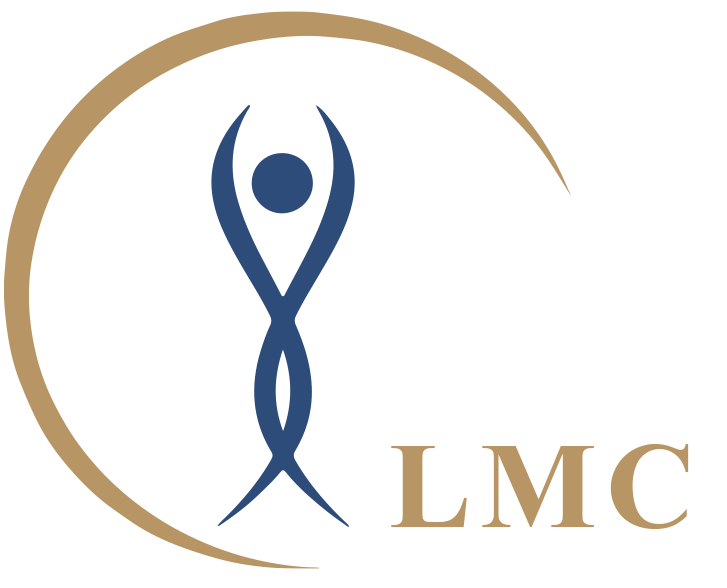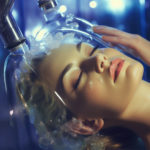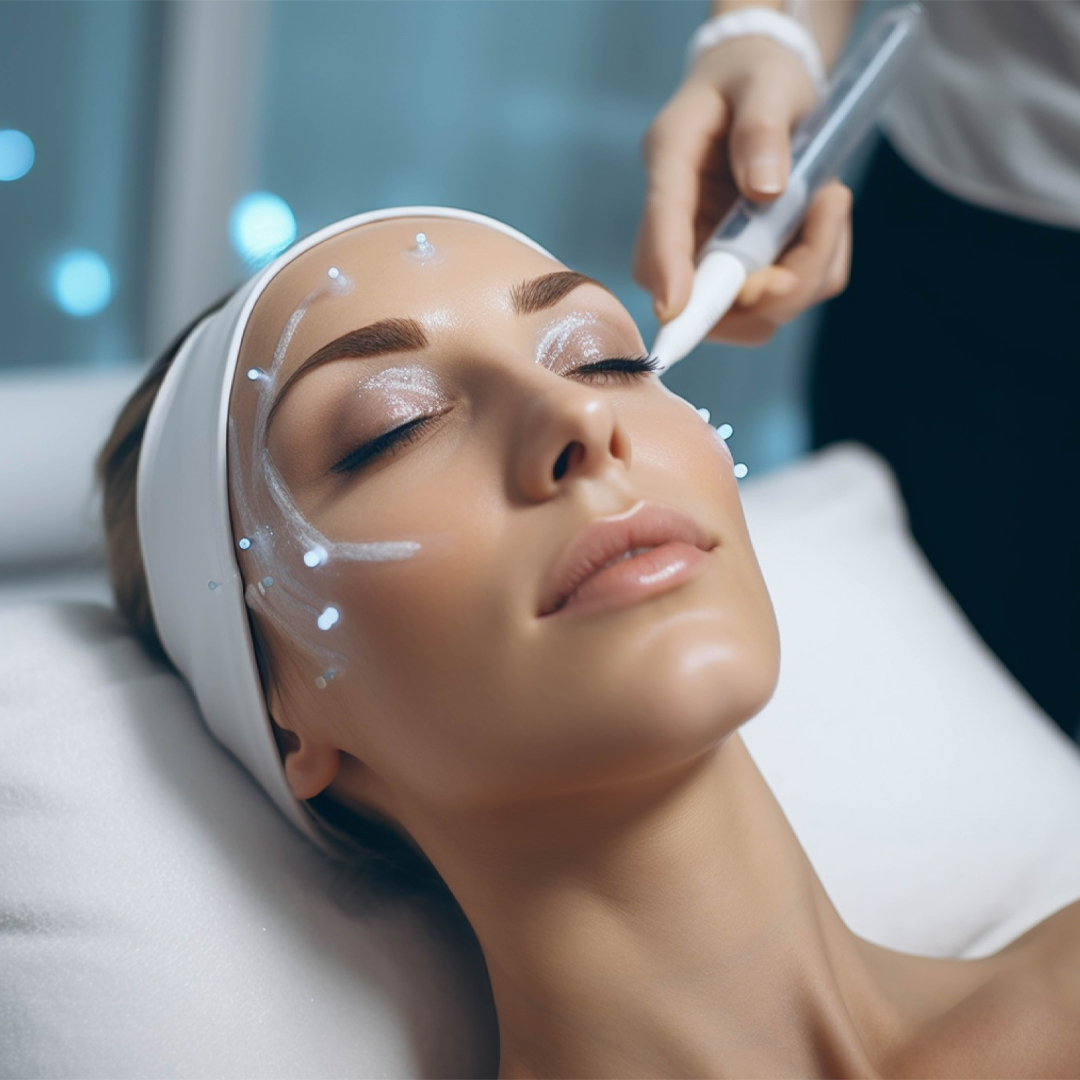Overview
Acne is a skin condition that occurs when your hair follicles become clogged with oil and dead skin cells. It causes whiteheads, blackheads, or pimples. Acne is most common among teenagers, though it affects people of all ages.
Out of five, one person might develop scars from it. Acne scars are stubborn and don’t go away. Only with Medical care, can you ensure that their acne doesn’t leave scars.
An acne pimple grows when bacteria, oils, and dead skin fill up skin pores, the tiny holes in your skin through which oil and sweat rise to the surface
Acne & Its Biology
skin through which oil and sweat rise to the surface. Hundreds of thousands of cells fall off your skin every day. Sometimes these dead cells clog up a pore. These obstructed pores are tiny and result in blackheads or whiteheads. If these pores grow inflamed it can lead to acne.
Acne is fairly common! It is the most common skin condition in the world. About 80% of people between the ages of 11 and 30 might have it. Teenagers get acne the most. Mostly because of their changing hormones. Adults can have acne due to stress, the environment, menstrual cycles, oil-based products, and birth control pills. However, hormones can still play a role.
Although drinking plenty of water is generally very useful for hydrated skin and has many other health benefits. Doctors don’t find any relation between acne and hydration.
So, What about Acne scars?
Skin is the largest organ in your body. The skin has three main layers. The Outermost layer is the epidermis, the middle one is the dermis and the hypodermis is beneath. These layers protect your body from external elements, UV rays, and bacteria.
Acne scar is the result of inflammation of acne blemish. The acne pore swells and a collapse occurs in the wall of the pore. Few acne blemishes are small and the scars created are shallow and heal quickly. However, When the contents of blemishes spill into the surrounding tissue and cause deeper scars. The skin in defense forms collagen fiber.
Keep in mind. Just because you have acne, that doesn’t mean you’ll get scars. 80% of People don’t develop scars from their acne
Treating Acne Medically
There is nothing wrong with trying home remedies like Honey, Aloe vera, or Just Good Old Exfoliation. But If remedies are not showing positive results or making it worse, you should immediately discontinue. get it diagnosed by a dermatologist. The longer acne is on your skin, you are at higher risk of developing acne scars.
Medical treatment can control your acne, avoid scarring & even help you get rid of scars.
Acne medicines work by reducing oil production and swelling or by handling bacterial infections. Medicines work slowly and require a prescribed dosage to get completely rid of acne.
The treatment regimen your doctor prescribes depends on your age, the type and severity of your acne, and what you are willing to commit to. For example, you may need to wash and apply medications to the affected skin twice a day for several weeks.
Apart from Drug based treatments, you also have options to take medical therapy. They are usually easier to maintain and may not require daily medication. Here are a few that we can recommend
Chemical Peels
Chemical Peels uses repeated applications of a chemical solution, such as salicylic acid, glycolic acid, or retinoic acid. If you have mild acne, therapy might improve the appearance of the skin. Chemical peels need to be repeated for best results
Dermabrasion
This procedure is usually reserved for more severe scarring. During the treatment, doctors remove the top layer of skin with a rapidly rotating brush or other devices. By removing the top layer, scars fade. With few repeats, scars become invisible.
Laser resurfacing
Laser resurfacing is a popular therapy and is often used on scars that were once treated with dermabrasion. This technique however is not recommended for people with a darker tone.
Talk with your doctor about the risks, effects, and benefits of medications and therapy you are considering. Make follow-up appointments with your doctor every three to six months until your skin improves.
Self-care for Acne
Acne requires care from you as well. Even though you are on medication or therapy, you can still take care of the skin by:
– Using Mild Soap for Daily Skin Cleansing
– Wash your face twice a day.
– Avoid Scrubs & use a soft towel to dry
– Avoid any oil-based cosmetics or oil-based face paints
In General, Anything that can dry your skin or oil it up, avoid!
So, What about Acne scars?
Skin is the largest organ in your body. The skin has three main layers. The Outermost layer is the epidermis, the middle one is the dermis and the hypodermis is beneath. These layers protect your body from external elements, UV rays, and bacteria.
Acne scar is the result of inflammation of acne blemish. The acne pore swells and a collapse occurs in the wall of the pore. Few acne blemishes are small and the scars created are shallow and heal quickly. However, When the contents of blemishes spill into the surrounding tissue and cause deeper scars. The skin in defense forms collagen fiber.
Keep in mind. Just because you have acne, that doesn’t mean you’ll get scars. 80% of People don’t develop scars from their acne.
Where should I get Acne and scar Treatment in Dubai?
Although Acne and scar Treatment is readily available, you should be careful with your choices. You should only choose clinics with verified dermatologists & skin experts.
If you are in Dubai, Try us.
Laser Medical Center is the hub for Skin treatment. Offering advanced technology at affordable cost with a team of pro estheticians & dermatologists. If you are interested in knowing more about lasers, visit our clinic in Jumeirah, Dubai.




